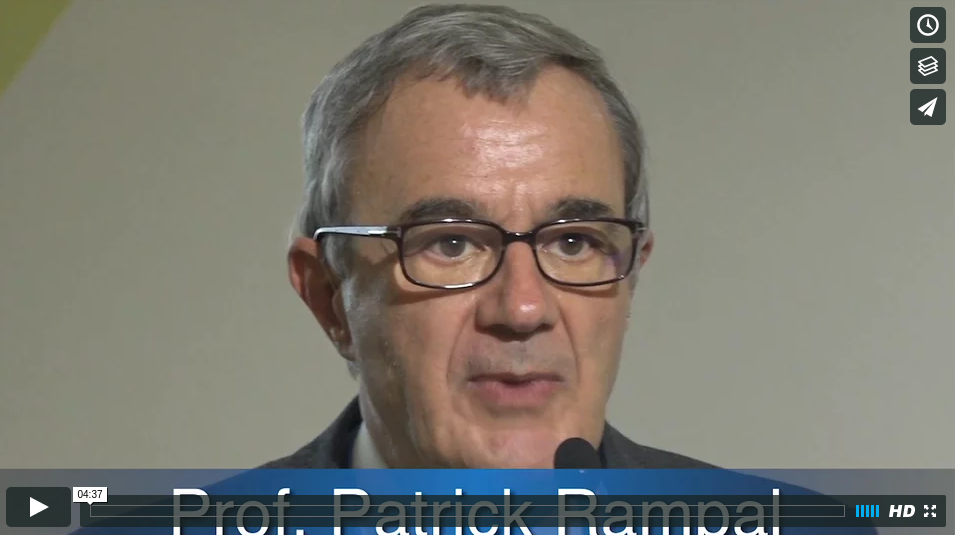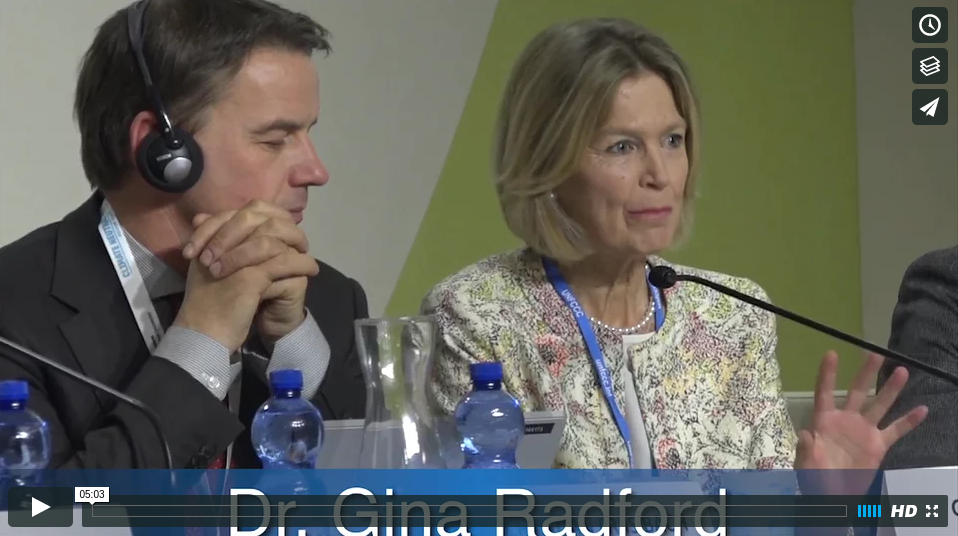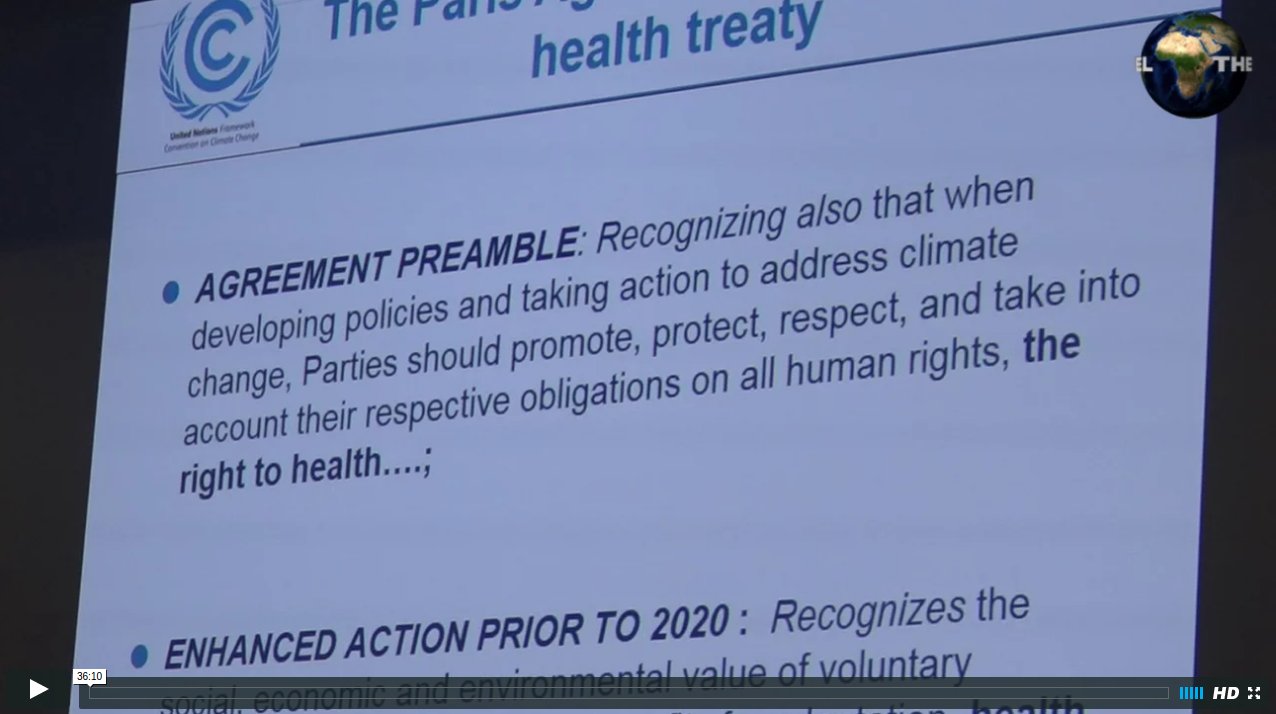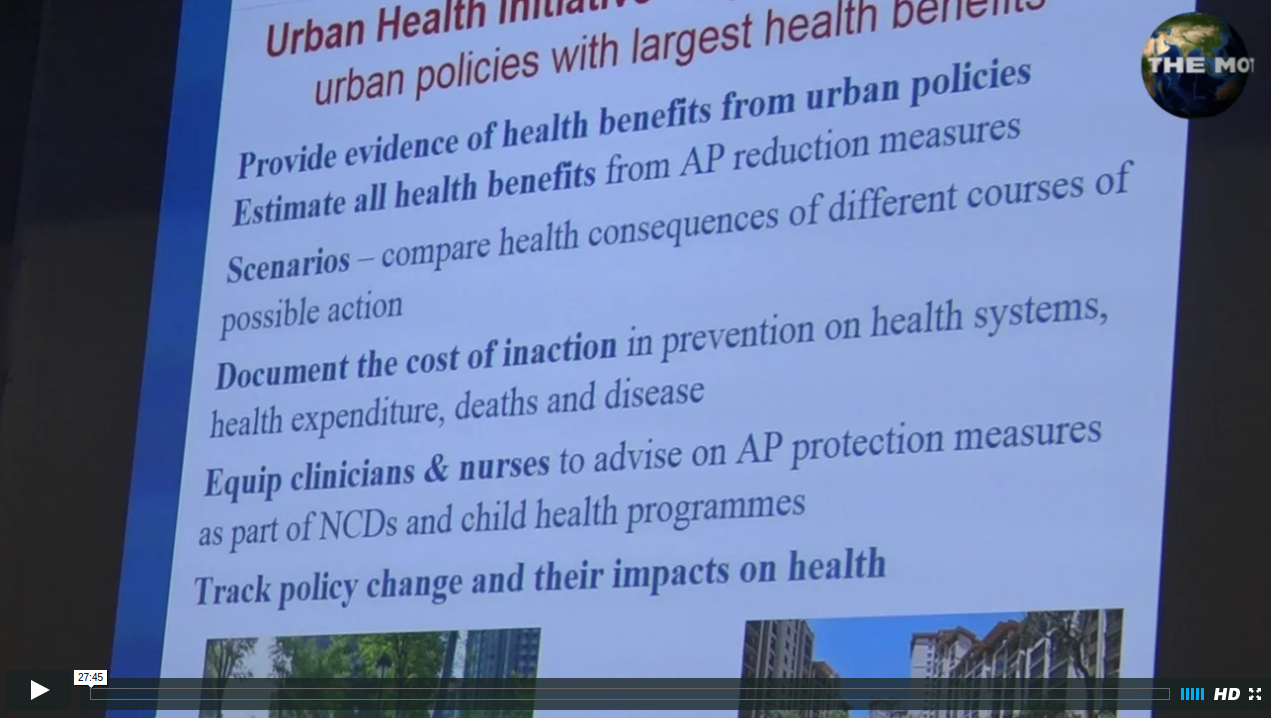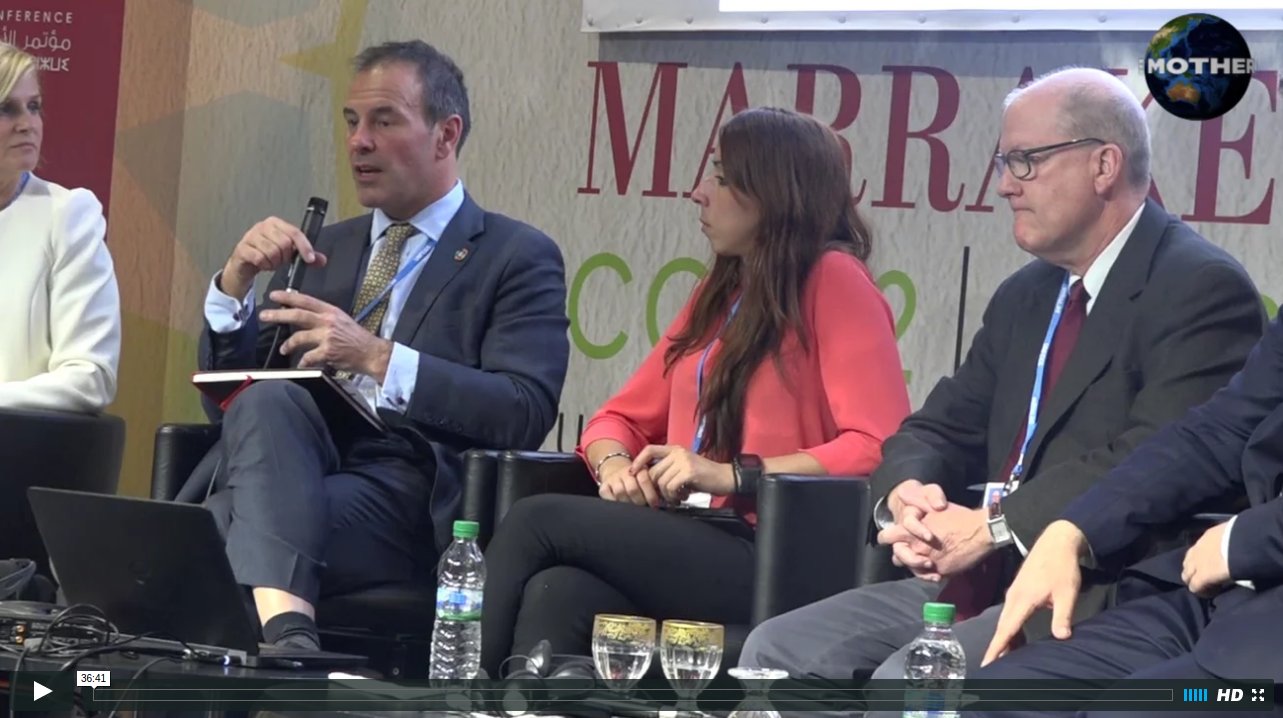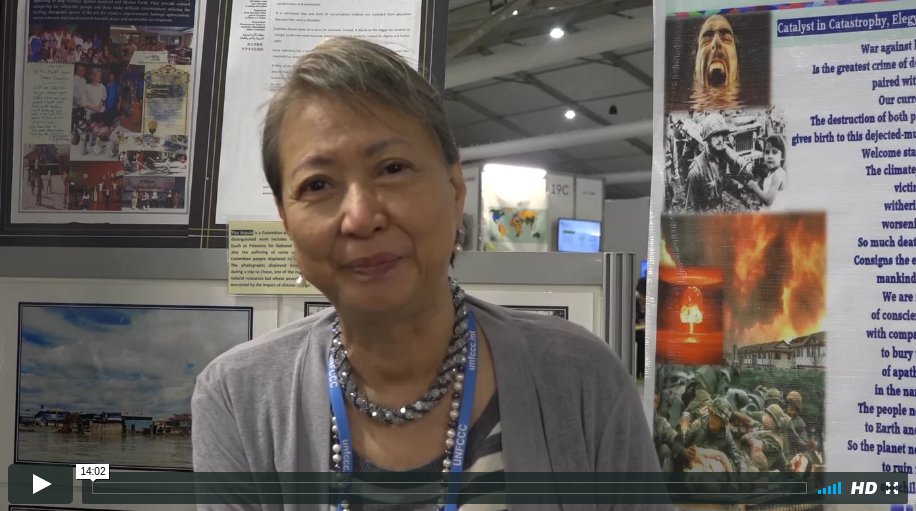- Live Stream
- Climate Change
- ENN
- Environmental Info
- Green Business
- Green Solutions
- Beautiful World
- Categories
- Articles
- Arctic & Glaciers
- Polar Regions and Glacier Reports
- Ethical Dimensions
- Global Warming
- Peatlands & Wetlands
- ENN – The Environmental News Network
- Agriculture
- Chemicals
- Conservation
- Fish Crime
- Forests
- Health
- Mountains
- Oceans
- Energy
- Money
- Green or Gone
- Nutrition
- Permaculture
- Various Solutions
- Powerful
- Watch This
- Water
- Breaking News
- Series ENN
Climate Change Impacted by Booming Global Population?
At this panel discussion, Stuart Scott, (Founder of United Planet Faith & Science Initiative) introduces the panel speakers on the subject of Global Population Growth and its effects on the planet’s Climate, held at COP 22, Marrakech. Scott poses a rhetorical question: ‘Population – How do we avoid catastrophic climate change without addressing our booming […]
CLOSE

